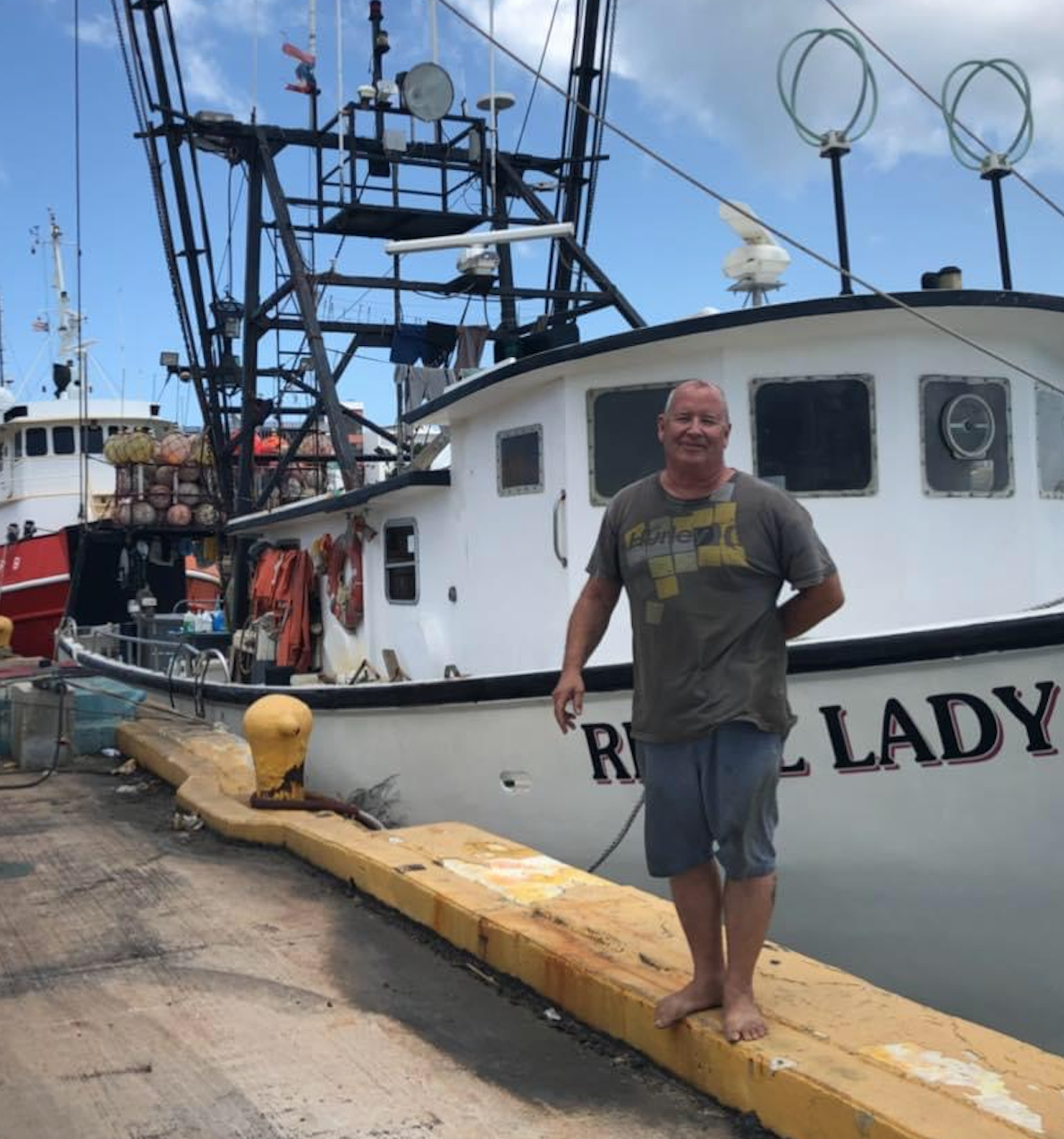After spending months in jail following his June 9 arrest in the territory’s waters, on Monday, United States fisherman Michael Foy went to trial in the British Virgin Islands on charges of illegal entry, operating an unlicensed or unregulated fishing vessel, and arriving at a place other than a customs port.
But on Friday, following a Tuesday adjournment, Magistrate Christilyn Benjamin threw out the fishing charge, which carried with it a fine of roughly $500,000, while allowing the defense to call additional witnesses to testify against the other two charges when the trial picks up again at the end of the month.
The bulk of the prosecution’s argument for the fishing charge rested on the testimony of a fisheries official, who described a picture, sent to her by a superior, of Foy’s vessel the day he was detained.
But according to Magistrate Benjamin, this evidence would not suffice before “a tribunal of fact.”
“There is no evidence on the prosecution’s case of who took this photograph, when this photograph would have been taken, and certainly there is no evidence of the photograph itself. As a matter of fact, the prosecution has closed its case and the court has no idea what this vessel even looks like.”
Benjamin added that none of the witnesses called by the prosecution could confirm that the vessel was in active catch at the time of its detainment.
Foy, 60, of Manahawkin, N.J., was arrested June 9 after he was met offshore by a BVI customs vessel and instructed to follow it into port at Road Town. Foy regularly called at Tortola at the end of fishing trips to clear customs for his Indonesian crew members before returning to Puerto Rico, and believed he was following that procedure the day they were detained, according to Foy’s family members.
While describing the pictured vessel on Tuesday, Abby Christopher, assistant fisheries officer in the Department of Agriculture and Fisheries, said that it was a longline fishing vessel with the name Rebel Lady emblazoned on the stern, with its stabilizers deployed and gears that were “unstowed.”
Initially, Christopher said that she could not determine whether there was “tension in the lines,” and therefore could not determine whether the vessel in the photograph was actively fishing.
But later, when directly asked by prosecutor Kael London whether she was “aware” that the vessel was fishing, she answered in the affirmative.
“In my professional opinion … the vessel would have been a fishing vessel engaged in fishing activity because the gears were unstowed,” Christopher said.
However, with no photographic evidence to back up this assertion, there was nothing for the defense to challenge, Benjamin said.
The magistrate also noted that the prosecution did not read any evidence stating that the types of fish aboard Foy’s vessel — which included tuna, wahoo, and swordfish — are found in the area where he was detained.
“I so find that there is some evidence. However, it is this court’s considered view, that this evidence, when taken at its highest, is so weak and tenuous, that no tribunal of fact properly directed could safely convict on this complaint,” Benjamin said.
The trial will resume Oct. 27, when the defense will question additional witnesses on the charges of illegal entry and arriving at a place other than a customs port.
During the trial on Monday and Tuesday, in which six witnesses were called to the stand and Mr. Foy’s videotaped interview was played, prosecutor London maintained that the defendant was guilty of all charges, as the fisherman entered the territory without written authorization and failed to announce himself to local authorities upon his arrival.
Defense attorney Patrick Thompson, meanwhile, contended that his client was innocent of all charges, arguing that Mr. Foy is protected by a legal statute that allows distressed individuals into the territory under certain circumstances, and that Mr. Foy didn’t enter illegally because he did not step foot on land.
While being interviewed by Police Inspector Durville Carty on June 9, Mr. Foy claimed that he had entered BVI waters thinking that a shipping agent had obtained permission for him to wait there until receiving clearance to re-enter the United States.
“I don’t break the law … I don’t do it,” Mr. Foy said.
Joey Waldinger is a staff writer with the BVI Beacon.






